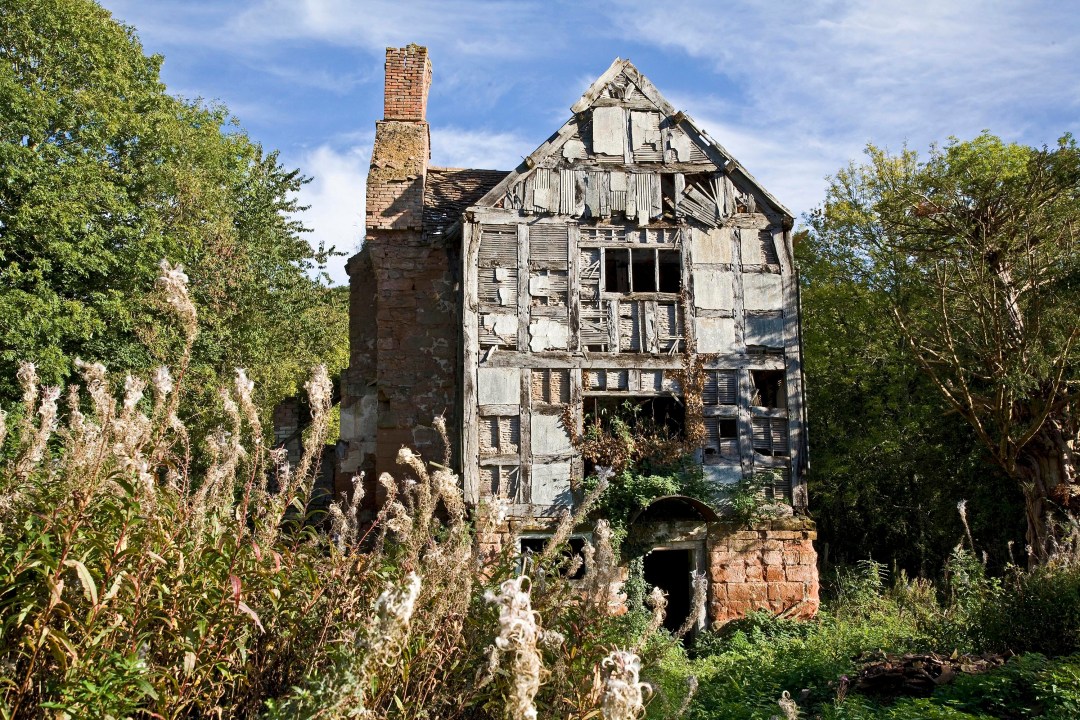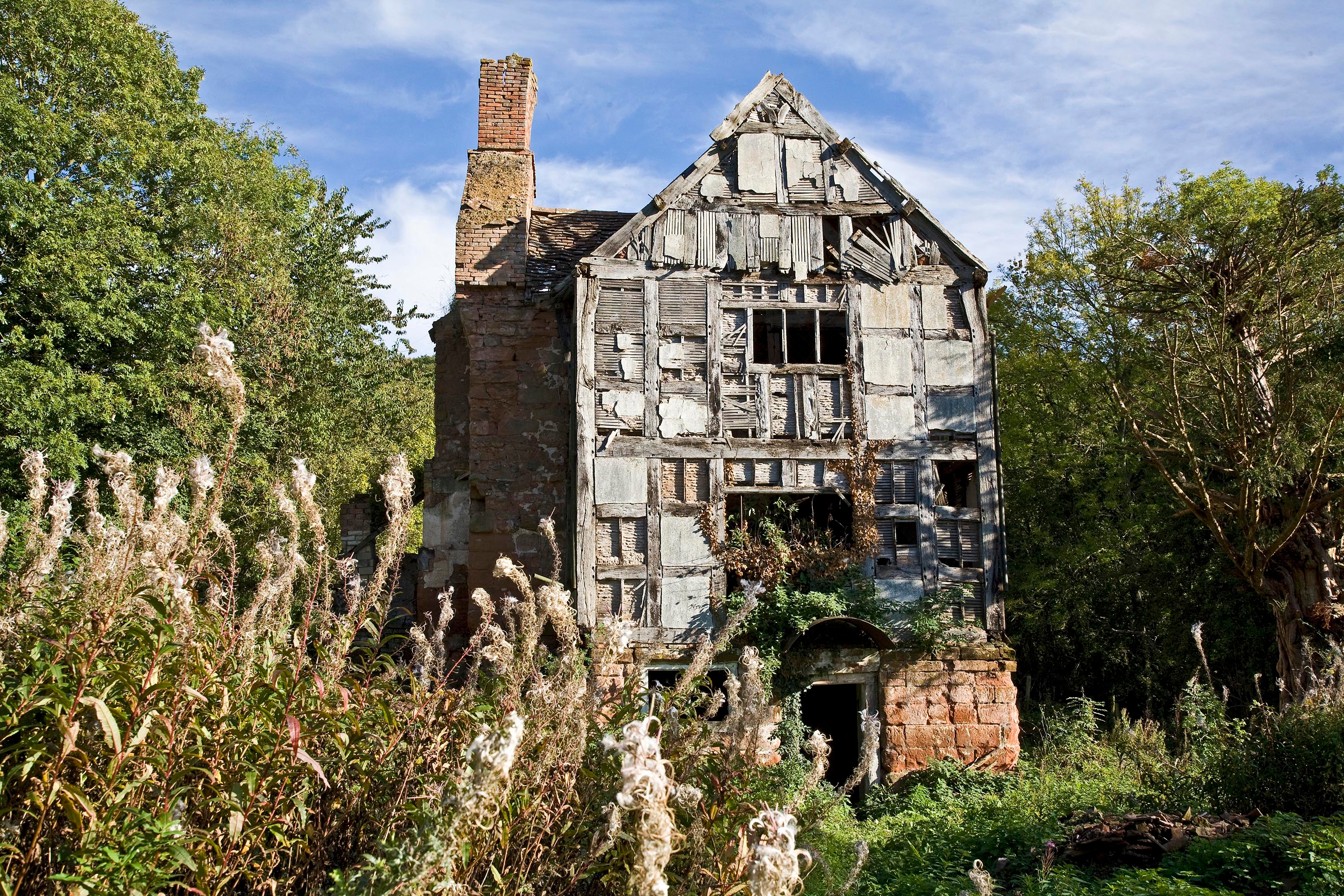Is there any television programme as cruel as Grand Designs? At least Jeux Sans Frontieres only offered 15 minutes of humiliation at a time. Grand Designs, by contrast, offers a lifetime’s worth, often with bankruptcy and divorce thrown in. But none have come quite such a cropper as Edward Short who, in 2008, paid £1 million for a building plot on the North Devon coast and has spent the past 13 years – as well as a further £6 million – trying to turn it into a lighthouse-inspired luxury home with infinity pool, home cinema and sauna. What stands there at the moment, however, looks more like the remains of Chernobyl nuclear power station. That Mr Short runs a company called the Department for Good Ideas merely adds to the theatre of cruelty.
Why do building projects so often end up in misery? It is easy to blame amateurism – and certainly wide-eyed private speculators are part of the problem. Yet professionally-managed projects come to grief just as often. If you put, say, HS2 on an episode of Grand Designs it would fit the format perfectly, with its soaring costs and delays. It is just that in that case the mess isn’t left to an anxious-looking couple in hard hats — the reliable old British taxpayer can always be called upon to fill in the gaps. Building and construction in Britain more generally has developed a culture of escalating costs and excruciating delays.
If you want to make some money and enjoy a relaxed lifestyle, don’t renovate or build your own property – just buy someone else’s project
Partly this is to do with standards. Obviously, we need building standards, but the sheer quantity of them, covering every aspect of a building down to the height of letter boxes and electrical sockets, has made any building project a bureaucratic nightmare. Moreover, many projects involve liaison between different council departments, which often will not agree with each other. Planners, conservation officers and building standards people will each have their own ideas.
Secondly, building is one industry which in Britain has never succeeded in rationalising its operations. Unlike in some countries, where a string element of prefabrication is the norm, in Britain most homes are still pieces of bespoke craftmanship, made from bricks stuck together one by one, and with hand-plastered walls. The industry has been unable, as a result, to benefit from the efficiency of mass production.
But above all this stands a tolerance of high costs, created by galloping house price inflation. If house prices weren’t in the habit of increasing by five, 10, 20 per cent a year, home-renovators wouldn’t be prepared to take on such extravagant projects. To put it simply, most people who have bought property in Britain over the past few decades have seen its value grow sharply over the course of a few years. It is easy to fool yourself that you are making a profit from your own home improvements when really you have simply ridden a swell of inflation. The irony is that the now-separated Mr and Mrs Short are among the unlucky few who have not made a paper profit by buying a home over the past few decades. They could have done so had they simply retained the frumpy old property which preceded their mock lighthouse – while doing absolutely nothing other than lying on the adjoining beach.
If you really must create a building to satisfy your creative urge, and are prepared to suffer bitterly for your art, then fine, go ahead and get yourself on Grand Designs. But if you want to make some money and enjoy a relaxed lifestyle, don’t renovate or build your own property – just buy someone else’s project – quite possibly after they have broken their finances in order to create it.







Comments